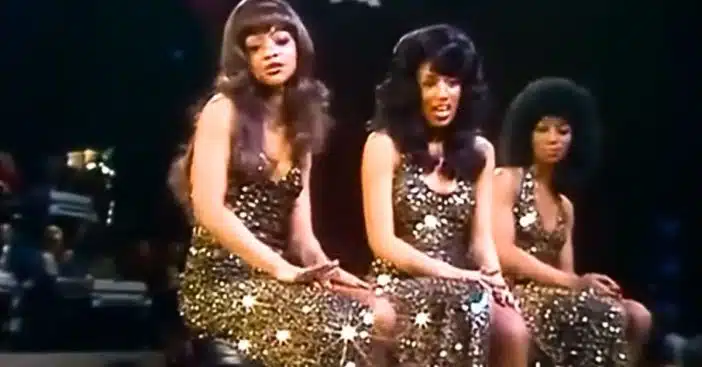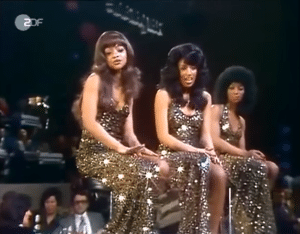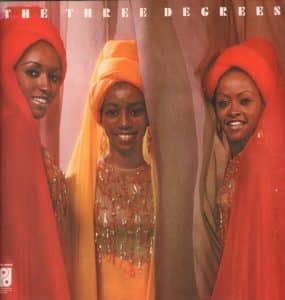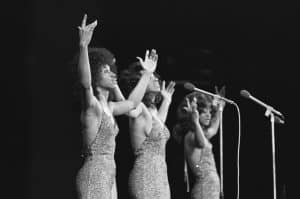
Who said sad and hopeful, melancholic and groovy have to be exclusive moods? If you ever want a song to make you feel every emotion there is in a bitter-and-sweet smoothie of pulsating rhythms and gentle voices, you don’t have to look any further than “When Will I See You Again” by the Three Degrees.
Perfect for a soul in love, a soul enduring loss, “When Will I See You Again” is rife with questions and dreams, some unanswered and some unrealized – and, we’re assured, that’s okay. It aches, but that upbeat tempo assures us that life goes on, a message that the Three Degrees would know all too well, whose lineup of the biggest chart-toppers wasn’t, ultimately, its most stable. But while this track solidified the band’s place in music history, no one was more surprised by its success than singer Sheila Ferguson.
Few believed in “When Will I See You Again” less than the Three Degrees singer
The songwriting and production team of Kenny Gamble and Leon Huff composed “When Will I See You Again.” According to singer Ferguson, however, when “the song was played to me by Kenny Gamble at the piano in 1973,” she “threw a tantrum.”
RELATED: Cyndi Lauper’s “Time After Time” Is Still A Timeless Dream Come True
“I screamed and yelled and said I would never sing it,” she went on, adding, “I thought it was ridiculously insulting to be given such a simple song and that it took no talent to sing it.”
They went ahead with “When Will I See You Again” anyway, releasing the song for the band’s third album, The Three Degrees. Contrary to Ferguson’s frustrations, Billboard listed it as number 67 on their list of 100 Greatest Girl Group Songs of All Time.
The band made something that was painfully relatable across time and space

In fact, it got such a royal reception that it was played at the 30th birthday party of Charles III, now king, at Buckingham Palace. The story goes that, to this day, the British monarch is one of the band’s biggest fans. To this day, its raw emotions and paradoxical, sweet, and despondent tones, are appreciated by and relatable to everyone.
Look no further than its multiple postings on YouTube, where the comments are a paradise of nostalgia and wistful longing. One user shared a story about himself and his wife separating because of her addiction struggles, leaving him to raise the kids even as she repeatedly called and played this song over the phone. Then, right after she passed, he went to work to tell his boss – and this song was playing on the store’s radio.

Another succinctly wondered, “How can one song take you through time, bring back the places, the smells, the voices, the people, fallen and standing, and make you happy and sad at the same time?”
On and on it goes, with listener after listener brought back down memory lane, or else reminded of the valuable lesson of appreciating the people in your life and the good times to be had while they’re around. “Any time I hear this song, it brings me back to my childhood in the 1970s,” one fan reminisced. “Times were much easier being a kid in those days.”
Revisit this poignant song, unique for being made up entirely of questions, in the video below.

